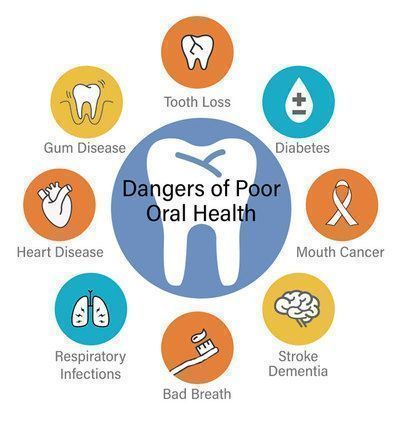Chromosomal abnormalities: when they develop?
Pregnancy is a magical time in every woman’s life, a time of sharing her emotions with her baby. Physical activity, a balanced diet, and a healthy lifestyle are essential for the health of both mother and baby. In addition, it is important to have noninvasive prenatal screening tests or invasive prenatal diagnostic tests to discover any chromosomal abnormalities in pregnancy.
Prenatal screening tests are noninvasive and calculate the percentage chance that the fetus will be affected by chromosomal abnormalities such as trisomies (Down syndrome, Edwards syndrome, Patau syndrome) or neural tube defects. Abnormalities in chromosome number and structure can cause birth defects 1 . The trisomies are chromosomal abnormalities characterized by the presence of an extra chromosome. Risk factors include the age of the mother-to-be. The incidence of these abnormalities is higher in children with mothers facing pregnancy at an age above 35 years 1 .
Deletions and microdeletions affect the structure of chromosomes and are abnormalities characterized by the absence or loss of a part of a chromosome that may be of different width 2 . Large deletions (> 5Mb) are the basis of the Wolf-Hirschhorn syndrome and of Cri-du-chat syndrome. Both are manifested by severe mental retardation and dysformisms 2 .
Microdeletions are deletions smaller than 5 Mb and cause the Di George syndrome and those of Angelman and Prader-Willi. Manifest with medium to severe mental retardation, facial dysformisms and birth defects 2 .
The expectant mother can perform noninvasive prenatal screening exams to detect the possible presence of a chromosomal abnormality, depending on the rate of reliability and when early on she wants to know more about the health of the baby. Bi-Test, with nuchal translucency (ultrasound examination), is a test that can be performed between 11 and 13 weeks of gestation, with a reliability rate of about 85% 3 . The Tri Test, which has a reliability of about 60 percent, can be performed between weeks 15 and 17.
Starting from the 10th week of pregnancy, any pregnant woman may opt for fetal DNA testing, which is a state-of-the-art noninvasive prenatal test that analyzes fetal DNA. A simple blood draw is enough to detect fetal DNA fragments in maternal blood. This is a test that achieves 99.9% reliability in detecting the most common trisomies (Down syndrome, Edwards syndrome and Patau syndrome), other chromosomal abnormalities and major microdeletions.
If screening tests indicate the presence of chromosomal abnormalities in the fetus, it is important to perform invasive prenatal diagnostic tests, such as amniocentesis or villocentesis, to have a diagnostic result.
The gynecologist of choice will be able to indicate which tests to perform to get all the useful information about the health of the child.



